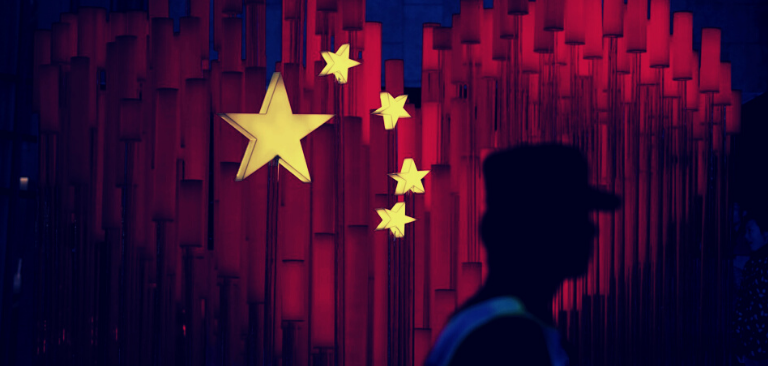After the industry experienced exponential growth, China’s General Administration of Press and Publication issued a new law that will regulate the amount and content of literary stories and writings published on the internet.
Strengthening censorship
The new law’s target this time are those authors of independent publications of any kind, as well as the platforms that are responsible for distributing this content.
China’s General Administration of Press and Publication, the body responsible for approving and distributing newspapers, magazines, books, and the like, will begin to closely monitor the growing market for independent stories on the internet.
Reclaim Your Digital Freedom.
Get unfiltered coverage of surveillance, censorship, and the technology threatening your civil liberties.
Those who wish to publish their writings will have to put their real and full names in the publications and they will have to adapt to certain parameters ordered by the Chinese regime. Writings based on the preferences of the authorities will receive greater visibility, while stories that the government disapproves will be eliminated.
As expected, this unleashed the fury of many writers who began filing their complaints on Weibo and other Chinese social media.
For writer Jiu Geer, the government is wasting efforts and resources on repressing society rather than helping it prosper in this field. Another writer who uses the pseudonym Hitomi explained it is illogical that the authors should make their real name public in their works, since to register on the publishing platforms it is necessary to provide the real name, so the government only has to ask the platform for the data.
Other writers took to Weibo to express their discontent with the new law:
“What you [the authorities] want is to imprison people’s thinking,” Writer RRoyce said.
Writer Yuajie said sarcastically: “I suggest you [authorities] cancel all philosophy and literature [in China]. Why do people write? Let’s get rid of words and even language!”
Fuda wrote on Weibo, “Do you mean that online literature writers can only write things that praise socialism in the future?” – via Epoch.
An online business in danger
To comply with the new law, government agencies related to monitoring online publications have also been required to evaluate the content of each platform to ensure that the mandate is being followed.
The law would endanger more than 20 million online writers who offer their content to more than half of Chinese internet users (approximately 455 million users), according to data from 2019. In 2020, the figures have grown exponentially due to the confinement caused by COVID-19, which led the government to issue this new law.
Additionally, the publishing platforms must apply new measures, including the control of user comments and the manipulation of the literary works’ popularity rankings depending on whether they adapt to the parameters established by the government, placing an extra workload on these sites.




